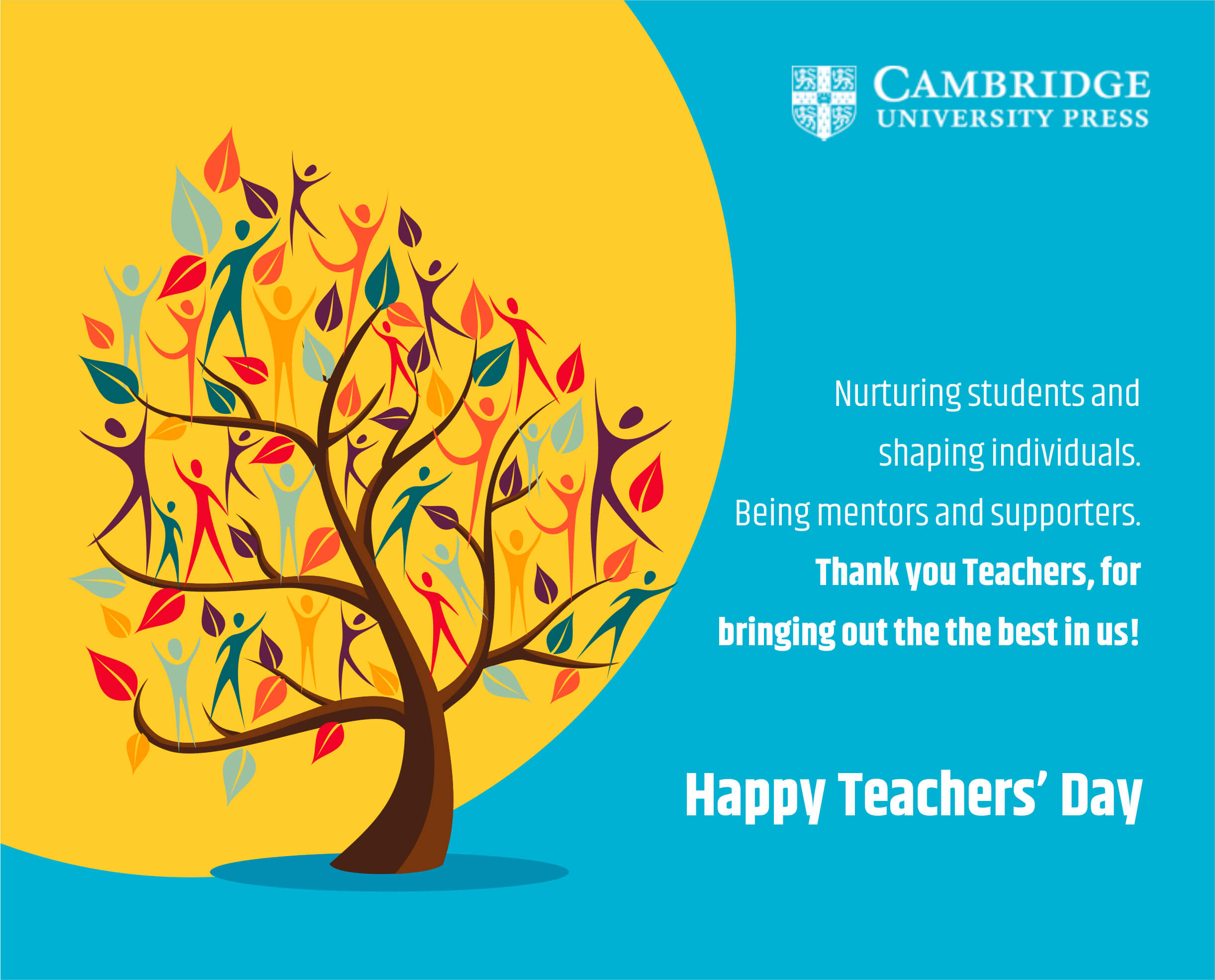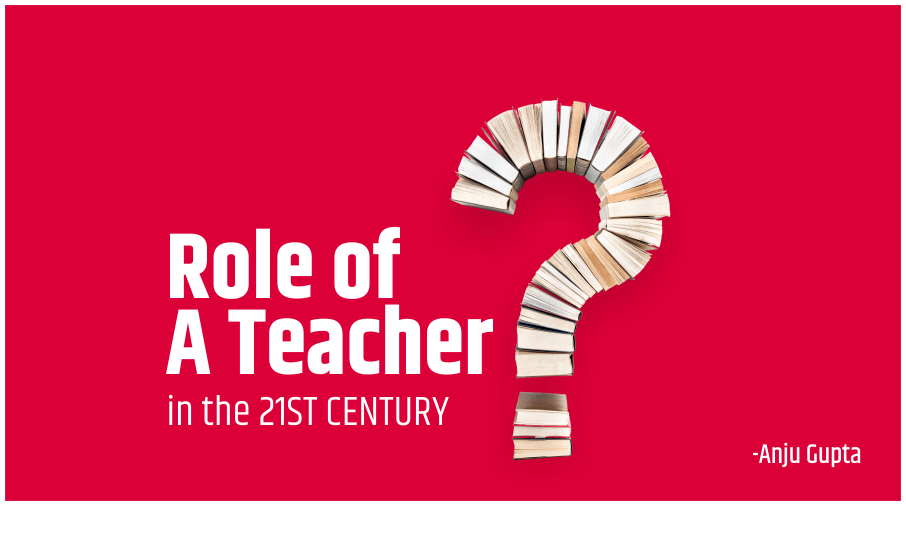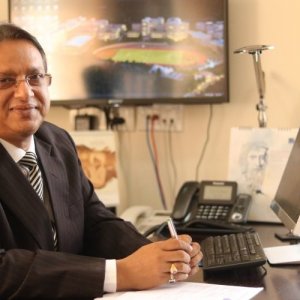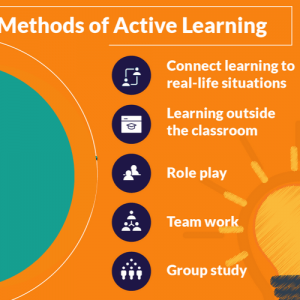गुरूर ब्रह्मा गुरूर विष्णु, गुरु देवो महेश्वरा, गुरु साक्षात परब्रह्म, तस्मै श्री गुरुवे नमः
Guru is Brahma, who is the Lord of Creation, Guru is Vishnu, who is the Lord of preservation, Guru is the Maheshwara, who is the Lord of destruction, Guru is the supreme God. Since Guru leads us to a path of light, Guru is that Para Brahma, so we bow down to the Guru.
Aristotle wrote “Those who educate the children are more to be honoured than their parents because parents give them life but teachers give them the art of living well”.
Nowhere in this world has this statement been better implemented than in Ancient India.
In the Indian context, a teacher is the spiritual and intellectual guide of the learner without whose direction education is not possible.
That’s why teaching is considered to be the noblest profession, as the role of a teacher goes beyond just education.
Celebrating teachers through out history
Teachers have made immense contribution in shaping the greatest personalities of society. Rāmāyaṇa and Mahābhārata, the two epics have celebrated teachers and put them on the highest pedestal. Teachers were so highly regarded that an emperor would go completely disarmed when he paid a visit to the teacher. Also, the manner in which the king received the guru in the court also indicated the respect enjoyed by teachers. All these point to the fact that teachers were held in highest esteem in ancient times.
A Sanskrit professor made an interesting observation, “If we look at the Sanskrit language for synonyms of “teacher”, many exist, but they share a common feature. They do not give a meaning “teach”, rather they mean “to learn”.
For example, the word अध्यापकः means that अध्यापयति (helps somebody to learn) इति अध्यापकः. From an ancestral perspective it appears that they do not know what it means “to teach”, rather they know how to “cause” someone to “learn”.
Let’s look at the roles that teachers play in today’s context
1. Being a Subject Teacher
Some teachers simply teach the subject by developing an orientation towards syllabus completion or playing the role as in a typical “tutorial” class. Students are not encouraged to step beyond the domain of syllabus even out of curiosity, and the teacher does not feel any need for the same. A vast majority of the teaching community in our country today, unfortunately, fall into this category and have to be encourage to strive for higher goals. Role of the teacher shouldn’t be limited to just a subject teacher.
2. Fueling Curiosity
Many teachers choose to enlarge their role and they try to develop a deep appreciation of the subject that they teach. Such teachers themselves have subject matter expertise, have passion to constantly update their knowledge base in the subject, closely associate themselves with emerging theory and practice. They are able to bring this into the classroom and motivate the students to develop interest.
A teachers’ role should be to ignite a spark of curiosity and passion for students to learn and apply learning to real life situations.
A small percentage of today’s teachers fall under this category. This requires thorough lesson planning and preparation by the teachers before every class. The Sanskrit synonyms that one can associate with this role of the teacher are उपाध्यायः and महामहोपाध्यायः, the later one indicating greater skill and sophistication.
3. Being Role Models
A teacher who is not only a subject expert but also known for inculcating life skills and values will wield a great positive influence throughout a student’s life. However, in order to play this role, the teachers have to “walk the talk”. Values can never be taught.
Teachers have to live a value-based life to enable students to imbibe values.
By merely giving sermons of good living & behavioral virtues and not making any effort to practice them in their personal lives will take away their credibility. The Sanskrit synonym for such teacher is आचार्यः (acharya)
आचिनोति च शास्त्रार्थं आचारे स्थापयत्यपि ।
स्वयमाचरते यस्तु स आचार्य इति स्मृतः ॥
One who has mastered and is well versed in various shastras and who is able to put it into practice as well as enables his students to practice these is called acharya.
4. Lighting up Lives
The ultimate role of a teacher is to drive students out of darkness i.e., the ignorance about life and challenges being faced by students.
गुशब्दस्तु अन्धकारस्यात् रुशब्दस्तन्निरोधकः ।
अन्धकारनिरोधित्वात् गुरुरित्यभिधीयते ॥
A teacher who shows by thoughts, deeds and actions what is the true purpose of life and how one can attain bliss, a sense of completeness and fulfillment is called a गुरुः guru.
5. Empowering Minds
The purpose of the teachers is to transform.
The students are designing their personalized road map for the course learning with continuous guidance from their teachers.
Weekly plans are outlined by the students and approved after discussions with the teacher. Today, enlightened teachers are no longer holding the strings of education in their hands, but are now delegating control to the students in the class.
Mix it up!
Ever since the dawn of the era of Ramayana and Mahabharta, the emphasis was on experiential learning in differential situation during gurukul system where even the princes were sent to have training away from their palaces. We need to implement this in the course curriculum of future educators and blend it with the integration of technology to attain professional competencies. Research shows that there is only half as much variation in student achievement between schools as there is among classrooms in the same school. Therefore, if you want your child to get the best education possible, it is actually more important to get him/her assigned to a great teacher than to a great school.
Mrs Anju Gupta shared this beautiful article with us to celebrate Teachers’ Day today!
We all cherish our teachers for their contribution in our lives. Whether it was the ancient times or the 21st century, students always need mentors, both inside and outside of the classroom. Today, even in this increasingly technologically savvy world, the role of teachers has grown immensely; they are now expected to be computer literate and at the cutting edge of education. Hence, while teachers must keep their traditional devotion to students, it is their hands-on interaction with students which will help pupils learn how to navigate the 21st century world.

What did you think about the article? Let us know in the comments section.





